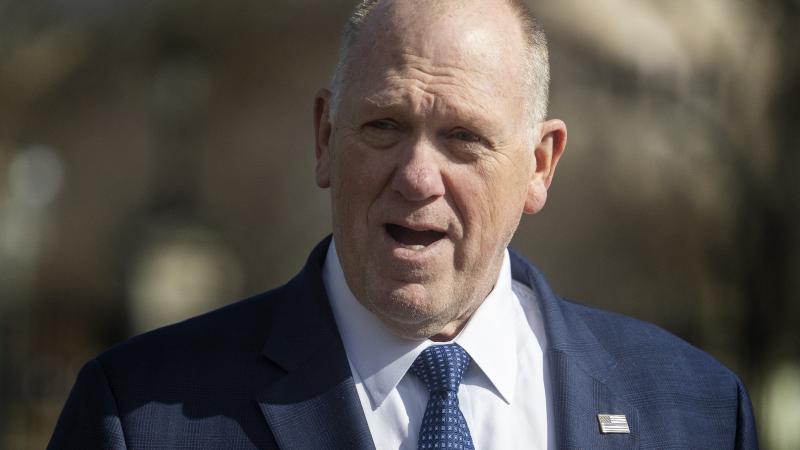Texas has third greatest number of international property buyers, behind Florida and California
The top five states with the greatest number of international real estate buyers are Florida (21%), California (15%), Texas (10%), New York (7%) and Arizona (5%).
(The Center Square) -
Texas has the third greatest number of international real estate buyers in the U.S., according to a newly published 2025 Texas International Residential Transactions Report released by Texas REALTORS®.
The top five states with the greatest number of international real estate buyers are Florida (21%), California (15%), Texas (10%), New York (7%) and Arizona (5%).
In Texas, international buying activity may be impacted by a new law that goes into effect Sept. 1.
Approximately 7,500 foreign nationals have purchased residential properties in Texas from April 2024 to March 2025, with a value of more than $4.8 billion, according to the report.
That’s a $1.3 billion-dollar increase from the previous reporting period, it notes. The median home price purchased by international buyers in Texas was $420,800, up 12% from last year. It’s also $82,300 higher than the median for all Texas homes sold during the same timeframe, the report notes.
International homebuying activity accounted for 2.3% of the total number of residential transactions over the year analyzed. The number of residential properties in Texas sold to international buyers increased nearly 9% over the prior year, according to the report.
The majority of international buyers are from Mexico (30%), Canada and China (8% each), India (7%), and Nigeria (6%), according to the report.
The National Association of Realtors sent a survey to Texas Realtors members from April 7 through May 7, 2025, requesting information about international buyers. Of the 3,249 members who responded, 275 said they reported working with an international client.
International buyers are described as non-U.S. citizens who primarily reside outside of the U.S. who don't live in the U.S. year-round or those who live in the U.S. on non-immigrant visas. They include diplomats, foreign students, foreign workers and immigrants who’ve been in the U.S. for less than two years.
However, illegal foreign nationals also purchase property in Texas and throughout the U.S. Under the Fair Housing Act, it is illegal to refuse to rent or sell a home, refuse to negotiate for housing, or make housing unavailable, because of an individual’s national origin, among other criteria.
In general, no federal or state law expressly prohibits noncitizens, or those in the country illegally, from purchasing real property in the U.S. However, in 2023, state legislatures began implementing restrictions on some foreign ownership of land in the U.S.
Between January 2023 and July 2024, at least 22 states enacted legislation regulating foreign ownership of real property, according to a Congressional Research Service analysis. Some states enacted multiple laws.
They include Alabama, Arkansas, Georgia, Florida, Idaho, Indiana, Iowa, Louisiana, Mississippi, Montana, Nebraska, New Hampshire, North Carolina, North Dakota, Ohio, Oklahoma, South Dakota, Tennessee, Utah, Virginia, West Virginia, and Wyoming.
On Sept. 1, Texas will join them when SB 17, filed by state Sen. Lois Kolkhorst, R-Brenham, goes into effect. The new law prohibits foreign governmental entities, companies, and individuals from purchasing private property in Texas if they are from or connected to countries listed in the latest Annual Threat Assessment report published by the Director of National Intelligence. To date, countries on the list are China, Iran, North Korea and Russia, The Center Square reported.
Prohibitions for real property includes agricultural land, commercial or industrial property, water rights, rare earth materials, groundwater, timber, and oil and natural gas.
The bill passed with bipartisan support and was signed into law by Gov. Greg Abbott.
It follows one enacted in 2021 after the Texas legislature unanimously passed the Lone Star Infrastructure Protection Act, banning Texas governmental entities and businesses from entering into contracts with companies owned or controlled by hostile foreign nations to gain access to Texas’ critical infrastructure.
They did so after learning that a Chinese billionaire and former Chinese People’s Liberation Army general bought over 130,000 acres of land just miles from Laughlin Air Force base in Val Verde County, the largest air force pilot training base in the U.S., The Center Square reported.














